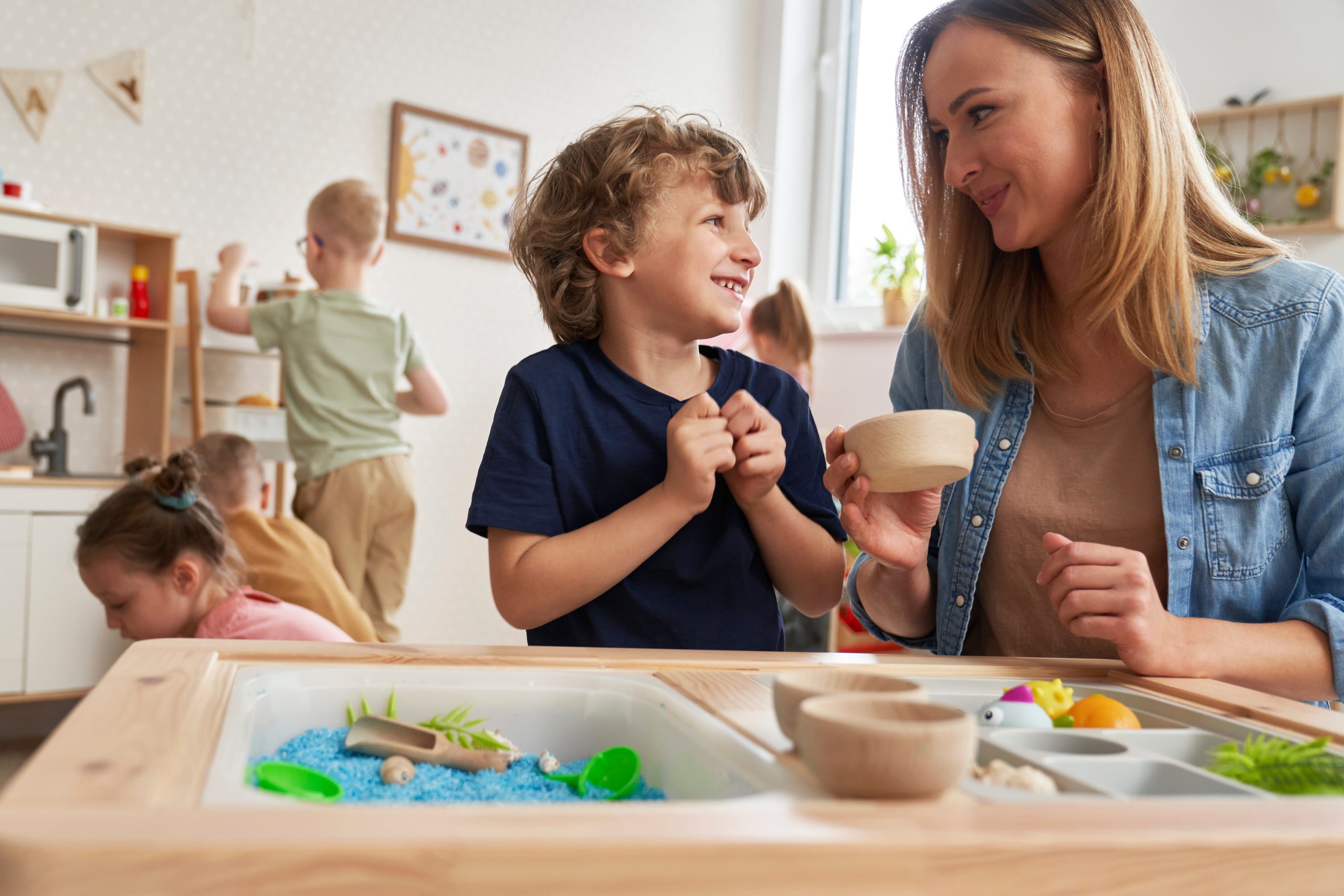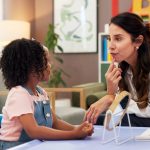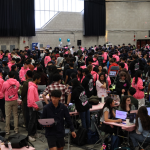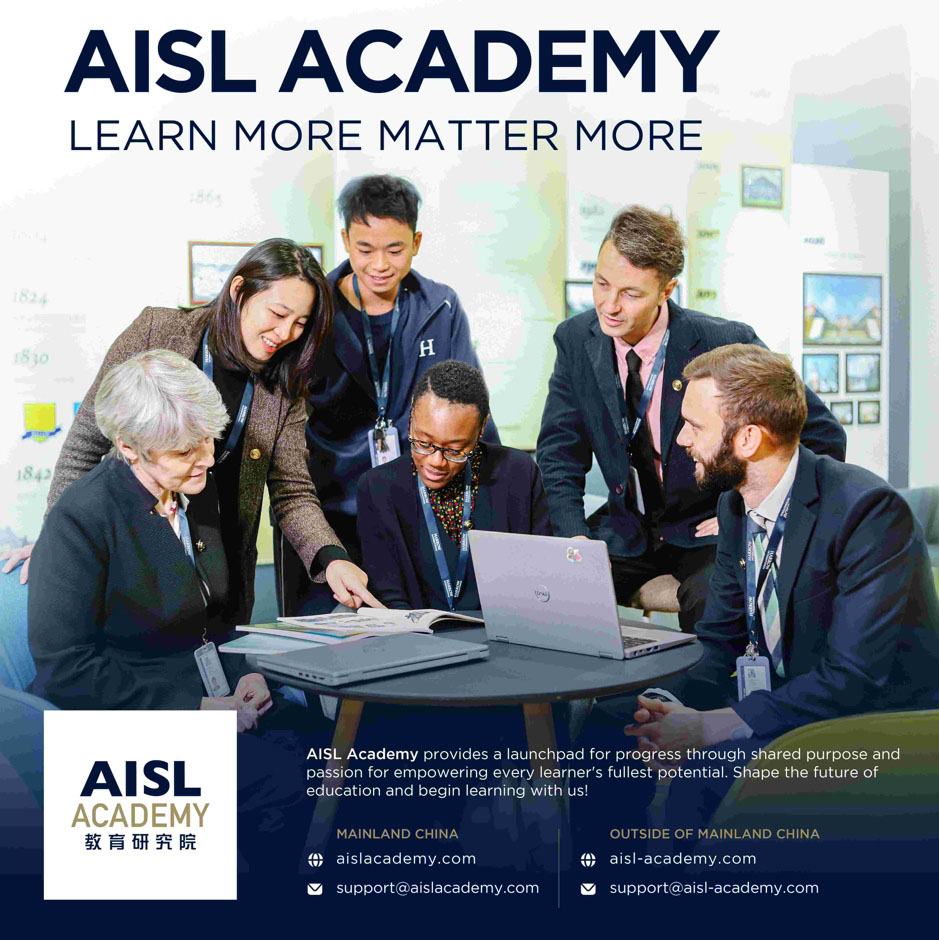For decades, research has shown that boys begin life just as emotionally expressive as girls. Yet by adolescence, many young men start to withdraw, finding it harder to express vulnerability or maintain close friendships. Drawing from her research and interviews spanning three decades, Niobe Way, developmental psychology professor at New York University (NYU), reveals that boys in early adolescence express a strong desire for close, emotionally intimate friendships. According to Way, this pattern of withdrawal is not simply a passing phase — it represents a “crisis of connection” with far-reaching consequences for boys’ well-being and mental health.
In her recent Harvard EdCast interview, Way explains that it is socialisation — not biology — that drives this emotional disconnect. As boys enter early adolescence, they begin absorbing cultural messages equating masculinity with emotional restraint. Many then learn to suppress their most genuine relational instincts, which can ultimately lead to isolation, stress, and even depression.
For parents and educators, the challenge is not just to notice these pressures, but to actively counter them in daily interactions. Way underscores that the goal is not to force boys to share before they are ready, but to create an environment where vulnerability is possible and welcome — where boys feel safe enough to express emotion without fear of judgement. Below are simple but powerful shifts, grounded in Way’s research, that can help preserve boys’ emotional openness and foster deeper connection.

Practical Shifts That Build Trust and Emotional Openness
Rather than lecturing or pressuring boys to “open up,” adults can model genuine trust and curiosity — showing interest, asking open-ended questions, and really listening. Creating safety around feelings helps boys stay connected to themselves and others, paving the way for healthy friendships and resilience.
Instead of: “Be strong. You’re a big boy.”
Try: “It’s okay to feel upset — even strong people have tough days.”
Why it works: This challenges the myth that strength means suppressing feelings and encourages honest emotional expression. It reassures boys that vulnerability is part of being human and can prevent the loss of important friendships or an internal disconnect from their own feelings.
Instead of: “Use your words — stop getting angry.”
Try: “I can see you’re frustrated. Want to tell me what’s going on?”
Why it works: This models curiosity rather than control and invites dialogue. It lets boys know their emotions are noticed and respected, which builds trust.
Instead of: “Just ignore it. Don’t let them get to you.”
Try: “That sounds like it really hurt. Do you want to talk about what happened?”
Why it works: It avoids emotional dismissal and opens the door for reflection, showing boys that their experiences matter.
Instead of: “Don’t act like a baby.”
Try: “Everyone has hard moments — let’s work through this together.
Why it works: By supporting emotional regulation and offering connection and companionship, it prevents boys from feeling shameful and alone with their feelings.
Instead of: “Boys don’t cry.”
Try: “I sometimes cry or get upset too — it’s completely normal to express your emotions.”
Why it works: Modelling vulnerability reassures boys that emotional expression is normal and acceptable for everyone, no matter their age or gender.
Supporting boys’ emotional openness helps them maintain the close friendships that are essential during adolescence and beyond. These approaches do not require boys to open up on command. Instead, they create a climate where emotional expression feels possible and welcome — “I’m here if and when you want to talk,” as Way puts it. Openness not only supports boys’ mental health, but also helps preserve the deep friendships and sense of connection that are critical to their development and lifelong well-being.
For more details, listen to the full episode on the Harvard EdCast: Boys and the Crisis of Connection.
Health and Wellness programs that may be of interest:
Get a special discount by quoting code AISLMALL during CHECKOUT.
Allied Health School Services Program – Parents workshop (90 mins)
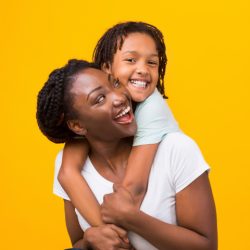
In 2023, ISS and OST Therapy launched the Allied Health School Services Program. The AHSS team offers personalised workshops for parents, focusing on speech/language skills, cognitive play, behaviour management, and building resilience. These workshops provide practical strategies to help parents support their child’s development and create a positive home environment.
Caritas – Counselling Services

Caritas Human Empowerment & Achievement Training (HEAT) offers counseling for marital issues, extra-marital affairs, divorce, and marriage enrichment. Services include family mediation, sex therapy, support for family conflicts, and therapy for emotional, behavioural, and learning issues in children, as well as mood, stress, anxiety, and trauma.
Health & Wellbeing – Deck of cards

Dr. Christopher Willard’s mindfulness decks offer exercises for emotional well-being, including *Mindful Parenting*, *Self-Love*, and tools for teens to manage depression, anxiety, and build resilience. Each deck provides practical mindfulness strategies for emotional growth and mental health at every life stage.
Health & Wellbeing Videos

Unlock mindfulness and communication skills with expert-led courses. Topics include fostering positive family dialogue, boosting academic performance through mindfulness, and age-specific practices for preschoolers, primary students, and teens, promoting focus, emotional balance, and resilience.
iLiving: Initial 90-minute Consultation with Supported Healing for Children
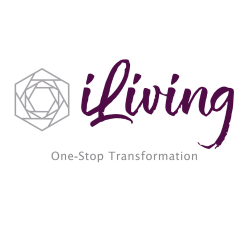
iLiving is a holistic wellness centre that offers integrated services for personal transformation. They provide a comprehensive approach to address both physical and mental health, focusing on modalities like bioresonance, life coaching, family constellations, and more to help clients achieve optimal well-being. This consultation includes health scan of a child who is suffering from chronic physical or mental health challenge and coaching to their caretaker/parent(s).
KFBG Transformative and Mindfulness Forest Immersion Walk

Kadoorie Farm and Botanic Garden (KFBG) delivers inspiring, awareness-shifting and transformative programmes with potential life-changing experiences. We offer an opportunity and a peaceful space in the natural environment of KFBG for participants to experience, to rethink, to identify and to be able to deeply connect and appreciate Gaia, our mother Earth, and the interconnection and interrelationship that we share with her. By being close to, and having a respect for nature, through our transformative workshops, people can experience a sense of deep happiness and spiritual contentment in which could facilitate a more holistic way of living.
Llegend – Diploma in Professional Aromatherapy
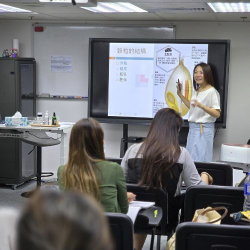
Llegend’s aromatherapy course covers essential oils, anatomy, and therapeutic applications, combining theory and practice. Accredited by the IFA, it offers exemptions for the UK TQUK Level 4 Certificate. As Hong Kong’s leading college for aromatherapy, it boasts 7 international accreditations.
Therapy Services – 1 on 1 Offline Therapy Service
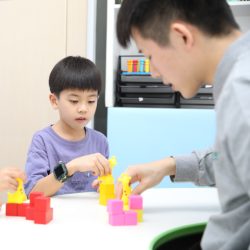
In 2023, ISS and OST Therapy launched the Allied Health School Services Program. Our certified speech-language pathologists and occupational therapists offer personalised therapy for speech, language, motor skills, emotional regulation, and self-care. We use evidence-based practices to support students’ academic and social growth, boosting confidence and promoting inclusive learning environments.
Wellbeing Books Series

Dr. Willard’s books blend mindfulness with practical approaches for families. *Alphabreaths* teaches kids mindfulness through ABC-themed breathing exercises, while *Growing Up Mindful* offers parents and educators tools to help children build resilience, self-awareness, and empathy through mindfulness.
